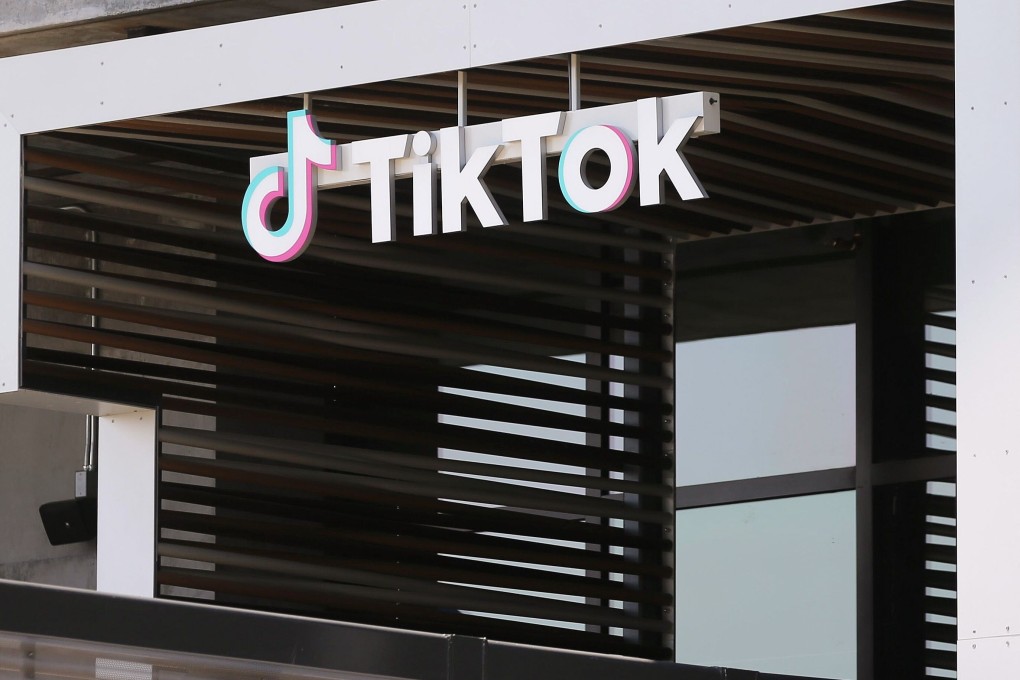Inside China Tech: Unfolding dramas with TikTok, Huawei
- TikTok CEO’s resignation and expectation of a ‘resolution’ for its US situation may fuel further speculation on which American tech giant could land a deal
- Huawei had expected to sell up to 130 million 5G smartphones next year but that target may drop by 75 per cent to 30 to 35 million, according to Isaiah Research

More TikTok troubles
The move comes amid the Trump administration’s pressure on Beijing-based owner ByteDance to divest the US operation of its popular short video service.
“As the political environment has sharply changed, I have done significant reflection on what the corporate structural changes will require, and what it means for the global role I signed up for,” said Mayer in an internal note to employees shared with SCMP reporter Coco Feng by a TikTok spokesman.
“Against this backdrop, and as we expect to reach a resolution very soon, it is with a heavy heart that I wanted to let you all know that I have decided to leave the company.”

06:35
US demands for TikTok may escalate decoupling and hurt businesses, says China expert
An executive order signed by US President Donald Trump on August 14 directed ByteDance to divest its TikTok operation in the US within 90 days. On Monday, ByteDance filed a lawsuit in federal court over an executive order signed on August 6, which sought to ban transactions with TikTok owner ByteDance in the interest of national security.
Vanessa Pappas, general manager for TikTok’s North America, Australia and New Zealand operations, has been named as interim head of TikTok. Pappas previously served as a strategic adviser to ByteDance, following a nearly four-year stint as global head for creative insights at YouTube.